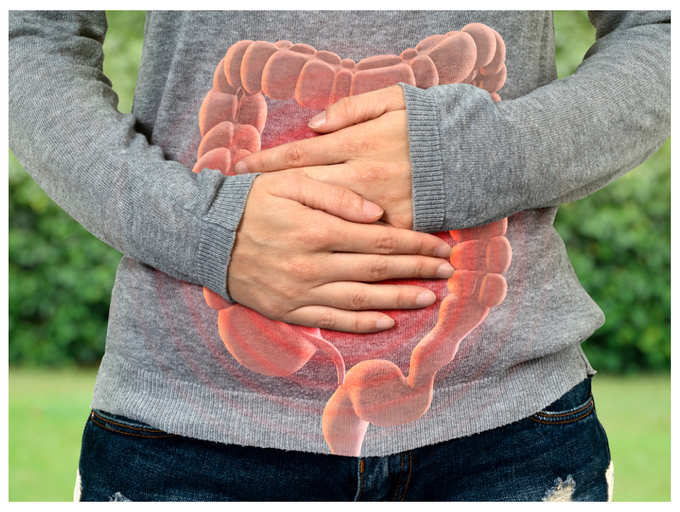Constipation occurs when a person has difficulty emptying the large bowel. Home remedies and lifestyle changes can often help resolve it, but sometimes, it may need medical attention. Constipation can happen for many reasons, such as when stool passes through the colon too slowly. The slower the food moves through the digestive tract, the more water the colon will absorb and the harder the feces will become.
A person who poops fewer than 3 times per week may have constipation. Sometimes, constipation results from a blockage in the large intestine. In this case, a person will need urgent medical attention. At other times, it may simply be due to a lack of fiber or water.
What is Kratom?
Kratom is a tropical tree (Mitragyna speciosa) native to Southeast Asia, with leaves that contain compounds that can have psychotropic (mind-altering) effects. Kratom is not currently an illegal substance and has been easy to order on the internet. It is sometimes sold as a green powder in packets labeled “not for human consumption.” It is also sometimes sold as an extract or gum.
Most people take kratom as a pill, capsule, or extract. Some people chew kratom leaves or brew the dried or powdered leaves as tea. Sometimes the leaves are smoked or eaten in food.
Why and how do people use it?
At low doses, kratom has been reported to work as a stimulant. People who have used low doses generally report having more energy, being more alert, and feeling more sociable. At higher doses, kratom has been reported as being sedative, producing euphoric effects, and dulling emotions and sensations.
The main active ingredients of kratom are the alkaloids mitragynine and 7-hydroxymitragynine. There is evidence that these alkaloids can have analgesic (pain relieving), anti-inflammatory, or muscle relaxant effects. For this reason, kratom is often used to ease symptoms of fibromyalgia.
The plant’s dark green leaves are usually dried and either crushed or powdered. You can find fortified kratom powders, usually green or light brown in color. These powders also contain extracts from other plants.
Kratom is also available in paste, capsule, and tablet form. In the United States, kratom is mostly brewed as a tea for the self-management of pain and opioid withdrawal. SEE: Kratom Drug Test: Does Kratom Show Up On A Drug Test?
Does Kratom Cause Constipation?
Kratom is possibly unsafe for most people. The most common side effect of Kratom is constipation. This means that your bowel movements become infrequent and difficult, and it can also lead to painful defecation. Like other drugs with opioid-like effects, Kratom is known to inhibit gastric emptying and peristalsis in the GI tract which results in delayed absorption of medications and increased absorption of fluid. The lack of fluid in the intestine leads to the hardening of stool and constipation.
Other side effects of Kratom include tongue numbness, nausea, vomiting, dry mouth, need to urinate, aggression, hallucinations, delusions, and thyroid problems. Kratom in large doses may cause trouble breathing, brain swelling, seizure, liver damage, and death.
How to Stop Kratom Induced Constipation
There are a few home remedies that may also improve Opioid-induced constipation or help you manage discomfort. Try these along with medications or natural remedies:
Increase physical activity. Exercise and physical activity stimulate contractions in the intestinal tract and promote bowel activity. Aim for 30 minutes of exercise most days of the week. Talk with your doctor before starting a new exercise routine.
Drink plenty of fluid. Dehydration makes it difficult to have a bowel movement. Drink 8-10 glasses of fluid per day. Stick to:
- water
- tea
- juices
- decaf coffee
Eat more fiber. Increase fiber intake naturally to normalize bowel activity. Add fruits, vegetables, and whole grains to your diet. Excellent sources of fiber include:
- prunes
- raisins
- apricots
- asparagus
- beans
Too much fiber can cause diarrhea and abdominal cramping. Slowly increase your intake.
Use ice or heat therapy. Constipation can cause bloating and abdominal pain. Apply a warm or cold compress to your pelvic area to relieve discomfort.
Eliminate trigger foods from your diet. Fatty and processed foods are difficult to digest and may make OIC worse. Limit your intake of trigger foods, such as fast foods and junk foods.
Note: Kratom can cause dependence when taken regularly. People who use kratom regularly and then stop taking it may experience decreased appetite, diarrhea, muscle pain and spasms, twitches, watery eyes, anxiety, trouble sleeping, anger, hot flashes, and fever. SEE: How To Stop Kratom Wobbles






